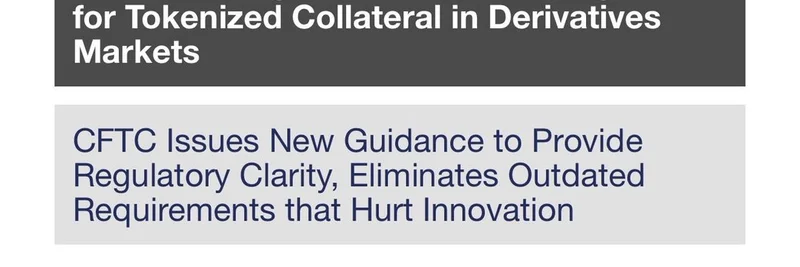In the fast-paced world of cryptocurrency, privacy remains one of the hottest topics. If you're into meme tokens or any blockchain project, understanding how privacy tech evolves can give you a real edge. Recently, Arjun Khemani dropped a must-listen podcast episode on X, chatting with Zcash's powerhouse engineers, Sean Bowe (@ebfull) and Jack Grigg (aka Str4d). These guys are known as the "1000x engineers" for their game-changing work on Zcash, a cryptocurrency famous for its strong privacy features using zero-knowledge proofs.
The episode covers everything from the latest innovations to the history of Zcash's privacy tools. Let's break it down step by step, with simple explanations for the tech terms so anyone can follow along.
Key Highlights from the Conversation
The podcast kicks off with Project Tachyon, Zcash's ambitious new initiative. Think of it as a supercharged upgrade designed to make encrypted money work at a massive scale— we're talking planetary levels. It aims to eliminate the slow, resource-heavy parts of current privacy tech, making transactions faster and more efficient without sacrificing security.
Around the 10-minute mark, they emphasize why privacy can't just be bolted on later in a blockchain protocol. It's like building a house without locks and then trying to add them—it's messy and often insecure. For meme token creators and users, this means designing privacy from the ground up could prevent issues like transaction tracking, which is a big deal in volatile markets where anonymity protects against market manipulation.
At 15:24, the discussion turns to Encrypted Bitcoin. Imagine Bitcoin, but with all transactions fully private. The engineers explore how Zcash's tech could inspire similar features in other chains, potentially blending Bitcoin's reliability with Zcash's shielding.
They also dive into past challenges, like a soundness bug in the original Sprout pool at 22:11. Sprout was Zcash's first privacy system, using zk-SNARKs (zero-knowledge succinct non-interactive arguments of knowledge)—fancy math that proves a transaction is valid without revealing details. The bug was a vulnerability that could have allowed fake coins, but it was fixed before any harm.
By 30:15, they talk about Sapling, the upgraded version of Sprout that made privacy transactions quicker and less memory-intensive. It's been a cornerstone of Zcash for years.
The conversation reflects on a decade of progress at 33:00, highlighting how Zcash has pushed the boundaries of what's possible in crypto privacy.
One crucial concept is Zcash’s anonymity set (39:04), which is basically the pool of shielded transactions your own is hidden in. The larger the set, the harder it is to trace you—kind of like hiding in a huge crowd.
They warn at 51:29 that using private money just as a "passthrough" (like shielding funds briefly then unshielding) doesn't provide true privacy, as it can still be linked.
Ledger indistinguishability (56:04) is another gem: making sure the public ledger doesn't leak info about private transactions, keeping everything seamless.
The "ultimate privacy stack" at 58:30 combines layers of tech for bulletproof anonymity.
A big reveal at 1:05:58: Tachyon removes all cryptographic bottlenecks in encrypted money, paving the way for widespread adoption.
Looking ahead (1:08:16), they tease what's next after Tachyon, including ideas like weightless blockchains (1:15:25)—super lightweight chains that could run on minimal hardware—and Ragu (1:18:24), possibly a new protocol or tool (details are intriguing but keep it under wraps for now).
They share their plans for the next 12 months at 1:19:44, focusing on rapid development.
A standout quote from Sean Bowe at 1:31:22: “Everything worth doing is worth doing on ambitious timelines.” It's a reminder for all blockchain builders, including those in the meme token space, to push boundaries fast.
Sean offers advice for young engineers at 1:32:16, stressing curiosity and hands-on experimentation.
Finally, at 1:34:18, they share what drew them to Zcash: the thrill of solving real-world privacy problems in finance.
Why This Matters for Meme Tokens
While Zcash isn't a meme coin, its privacy tech could supercharge meme projects. In a world where on-chain activity is public, tools like zk-SNARKs let meme communities trade and hold without fear of doxxing or surveillance. As meme tokens evolve, integrating privacy could attract more users, especially in regions with strict regulations. Keep an eye on how projects like Tachyon influence the broader ecosystem— it might just 1000x your favorite meme's potential.
Where to Listen
Ready to tune in? Here are the links shared in the thread:
If you're building or investing in blockchain, this episode is packed with insights that could shape the next wave of innovations. Stay tuned to Meme Insider for more breakdowns on crypto trends that matter.


